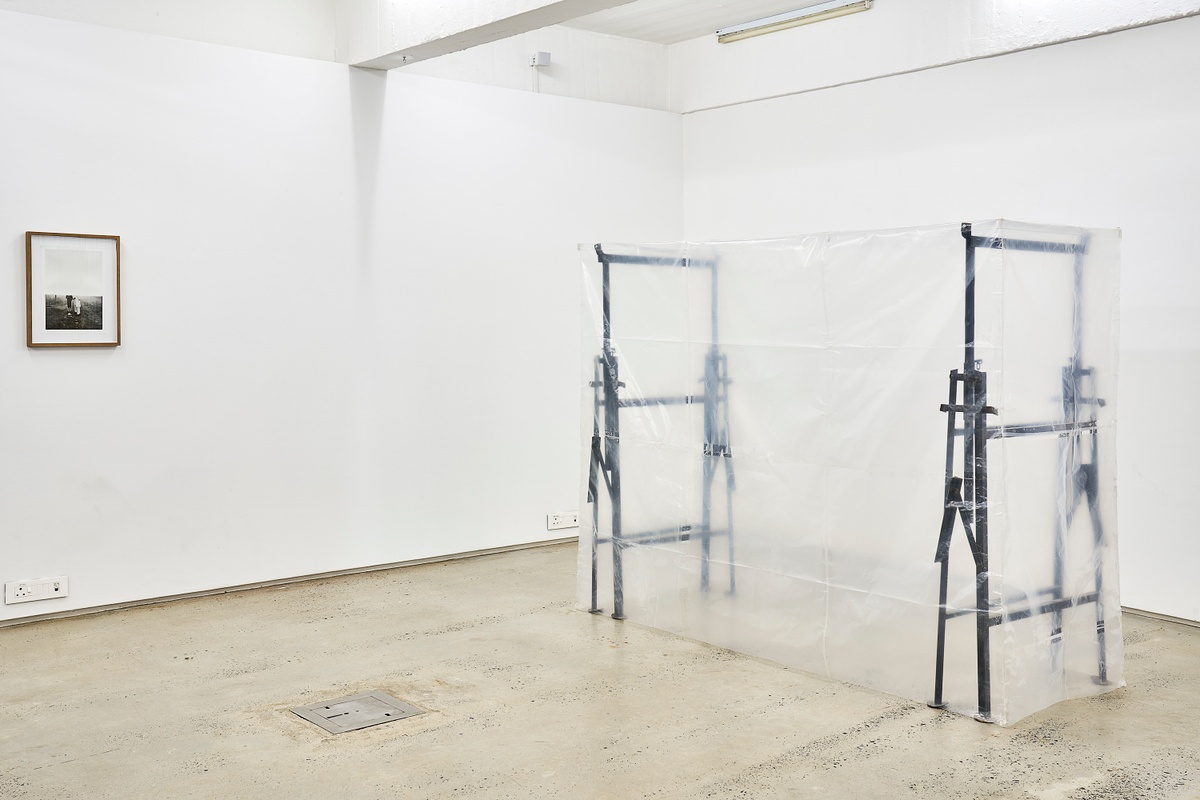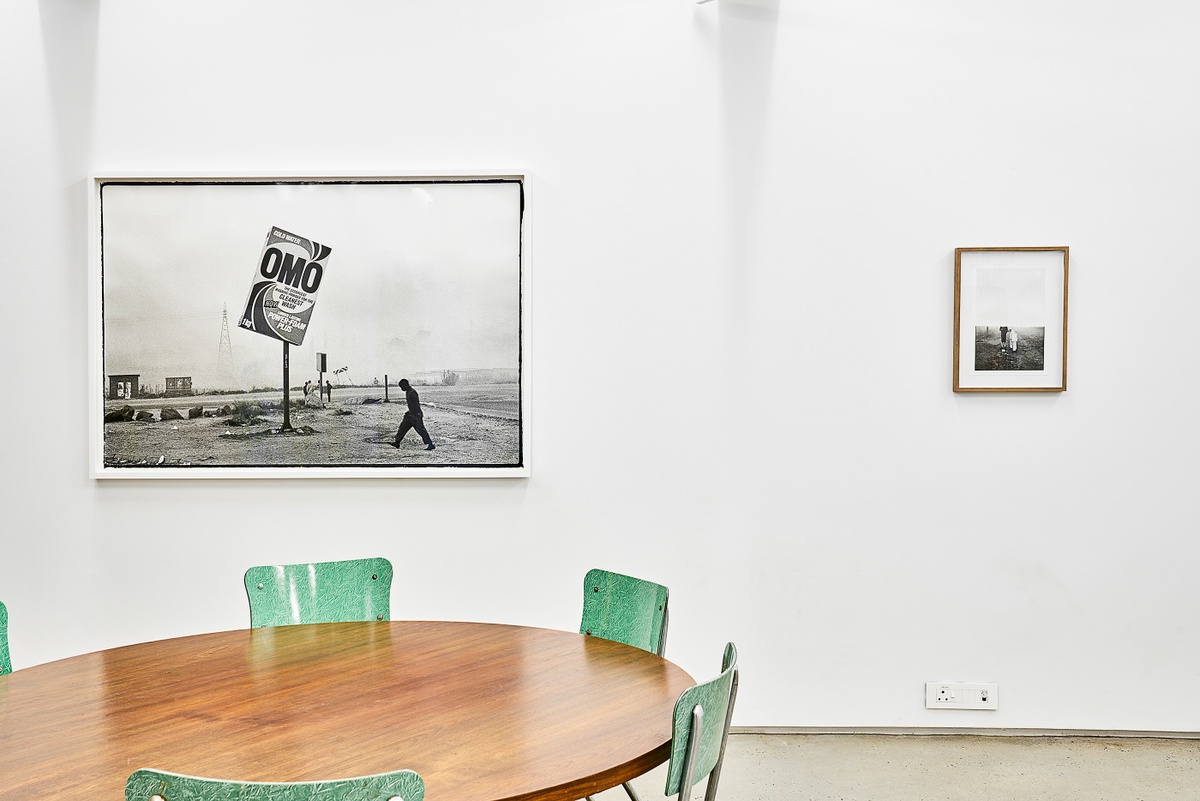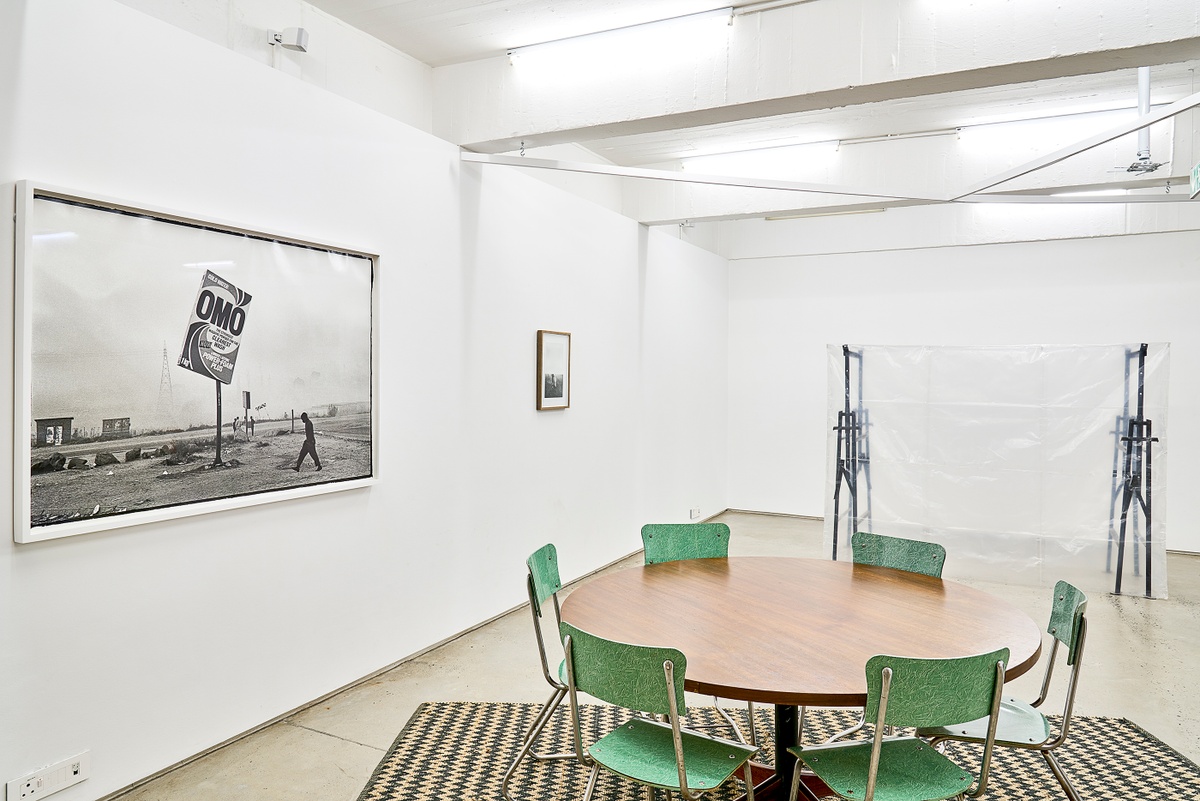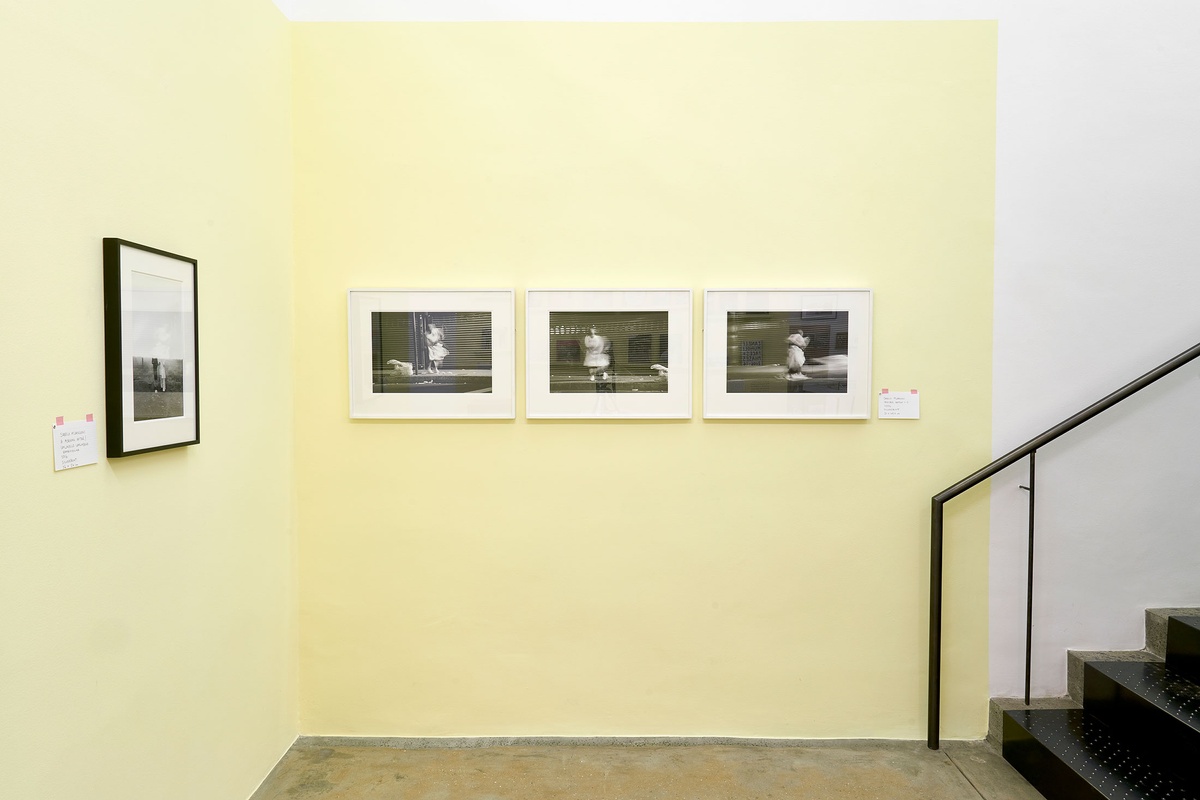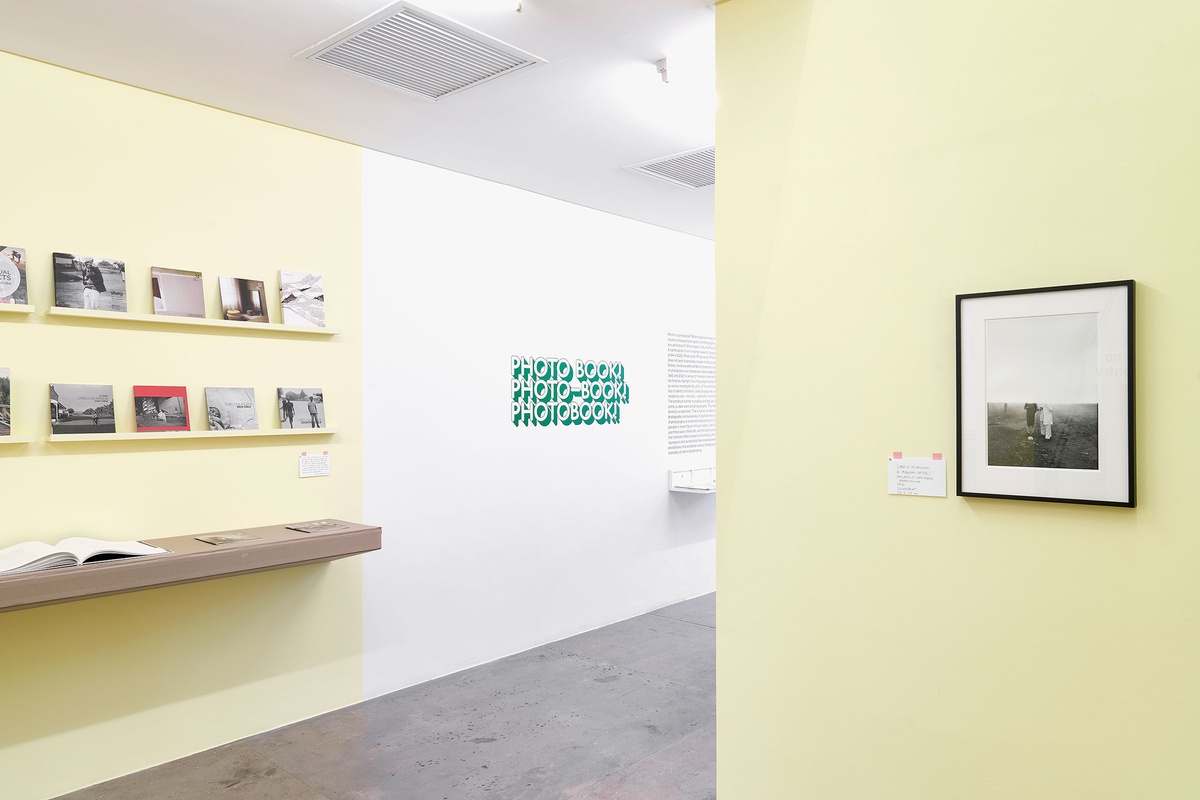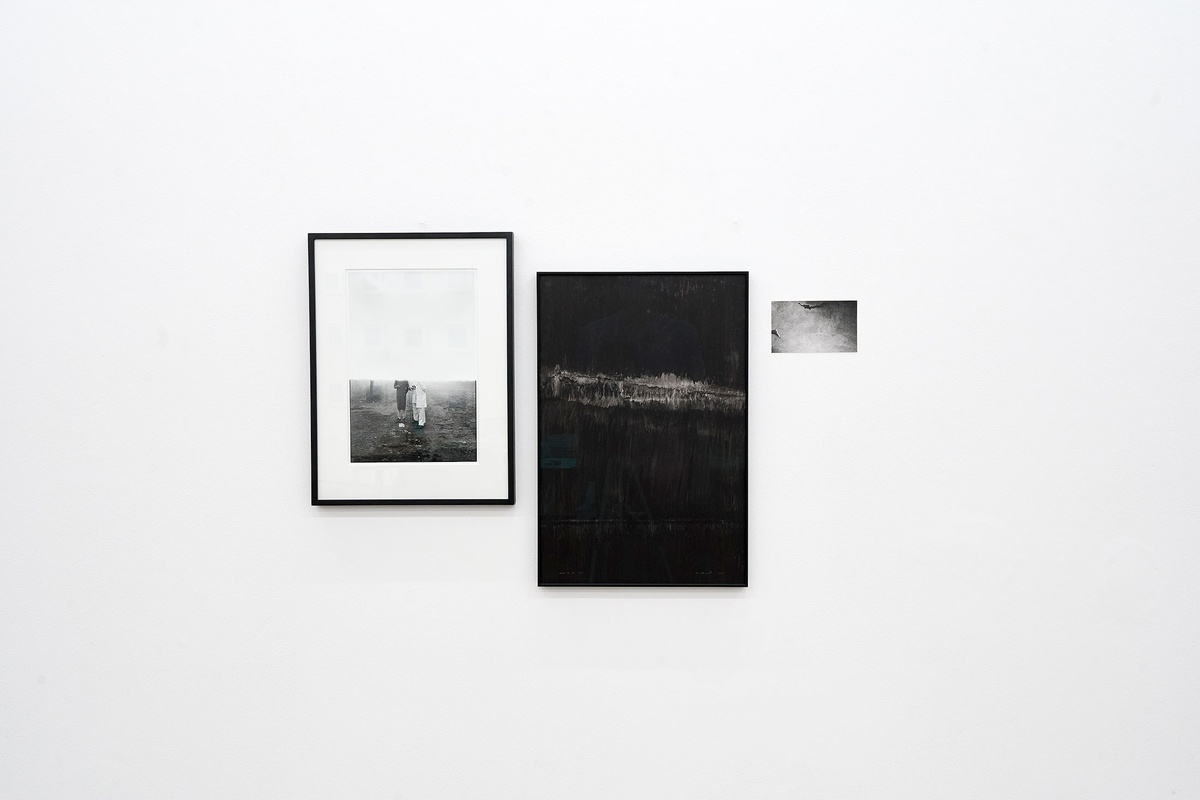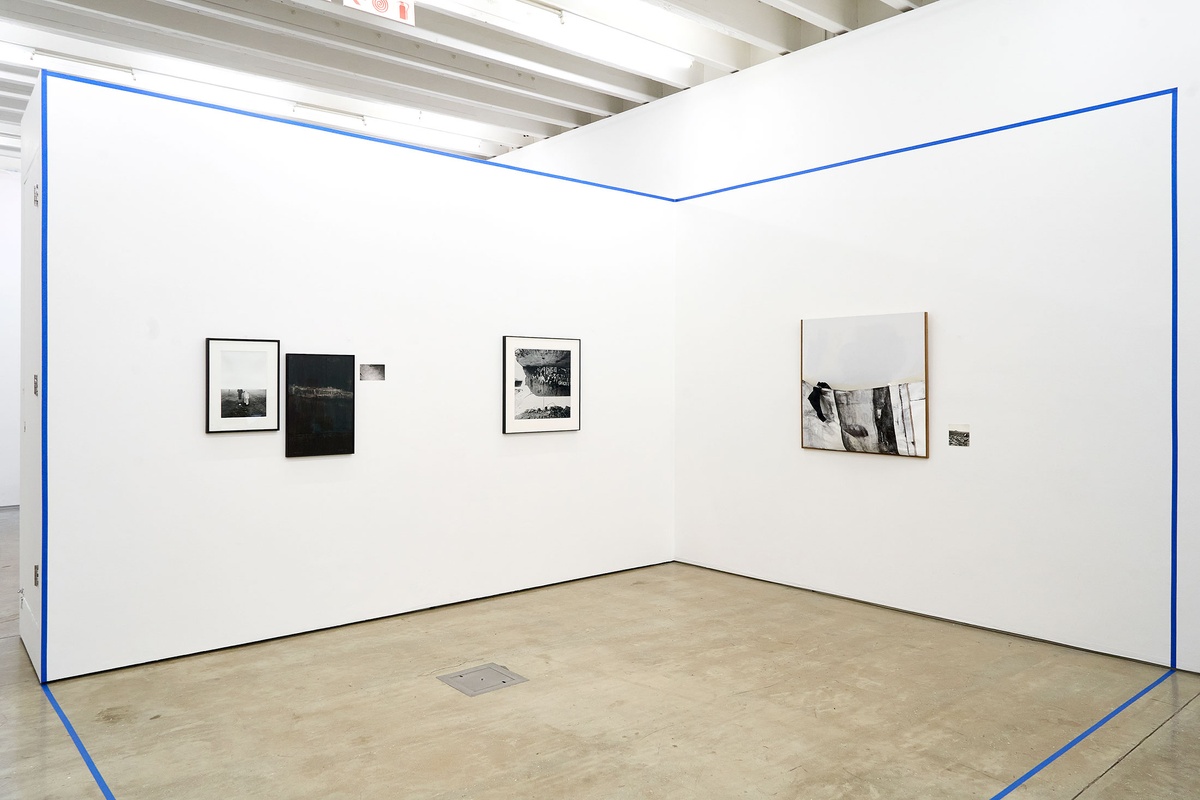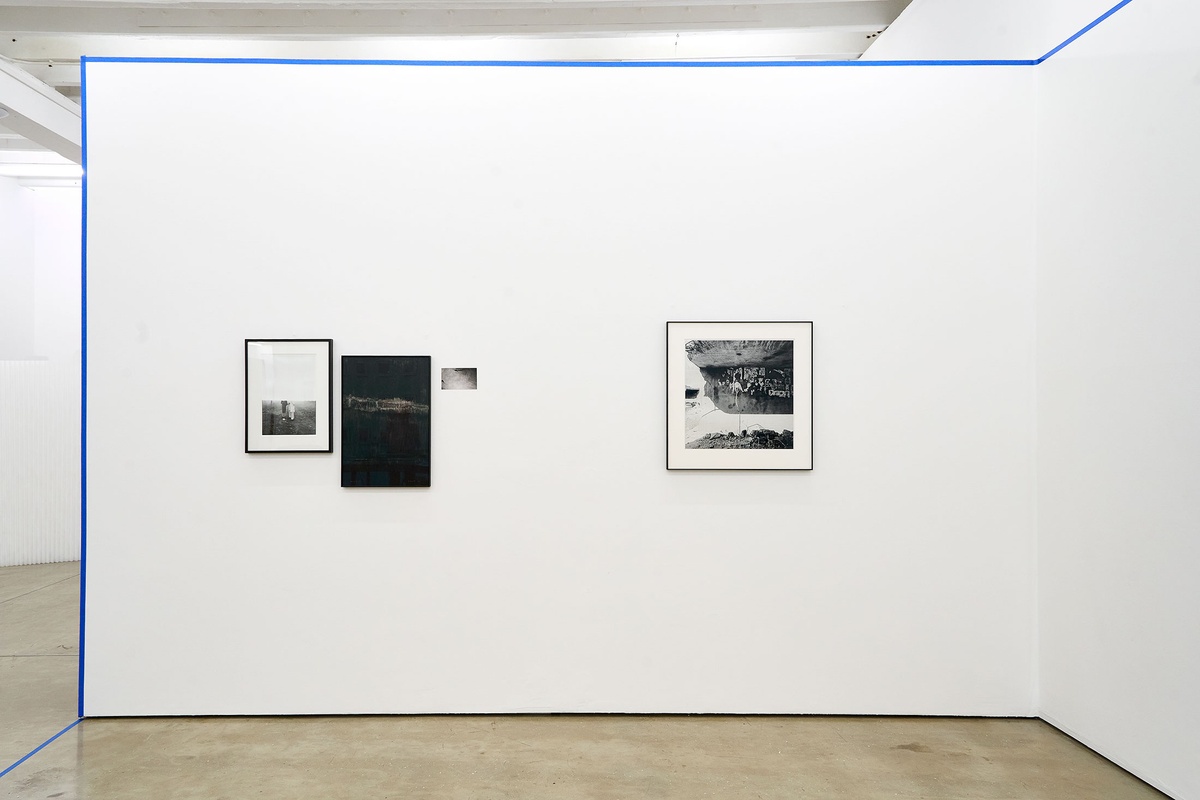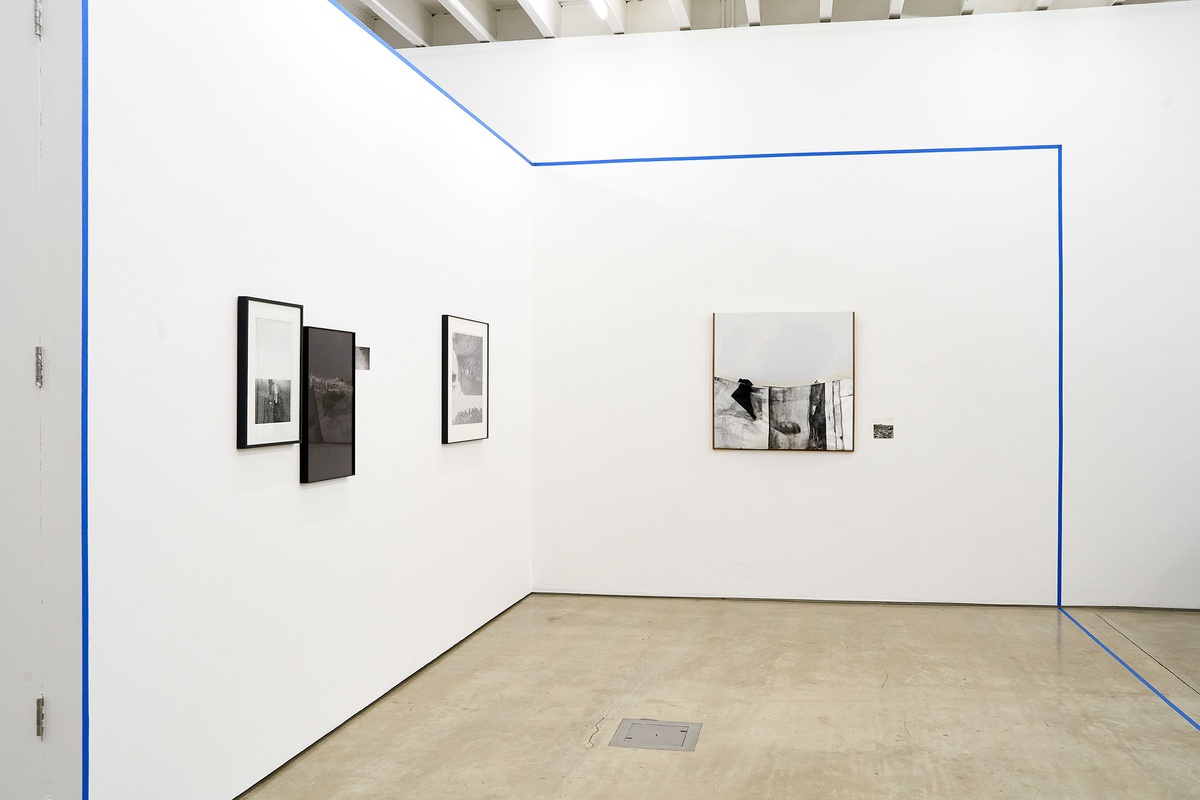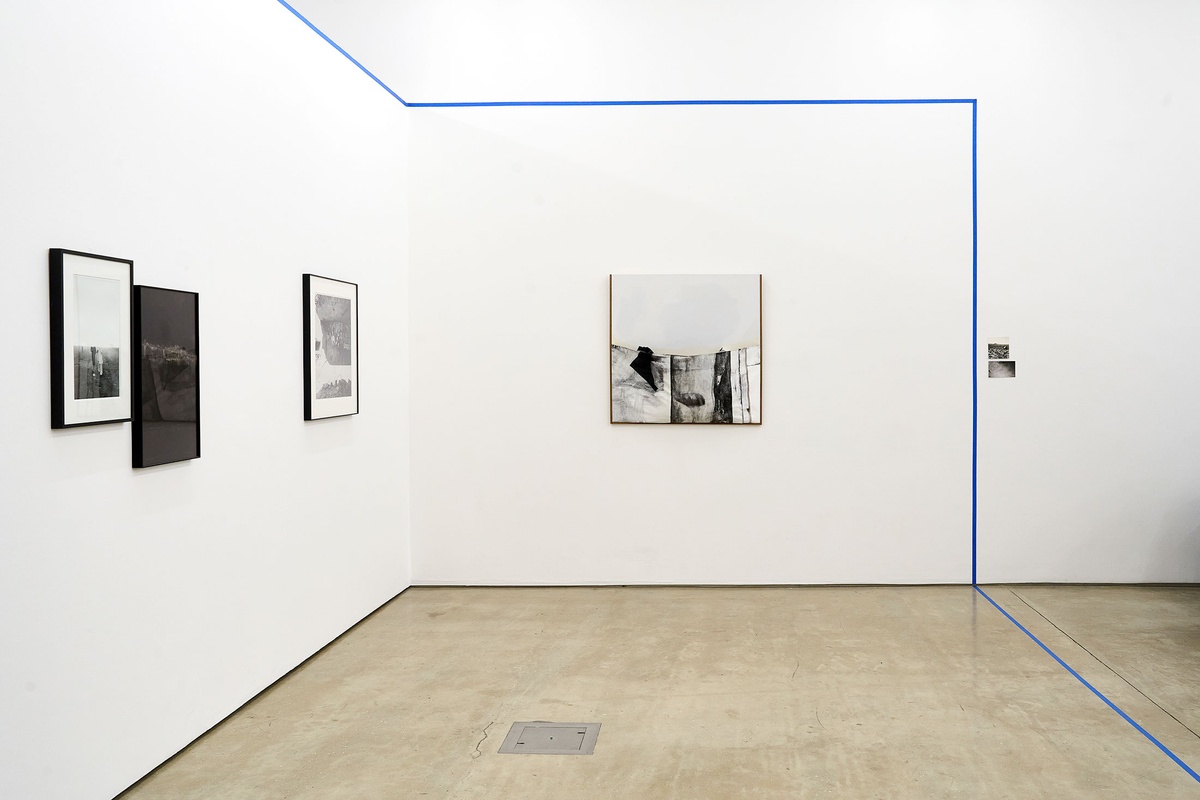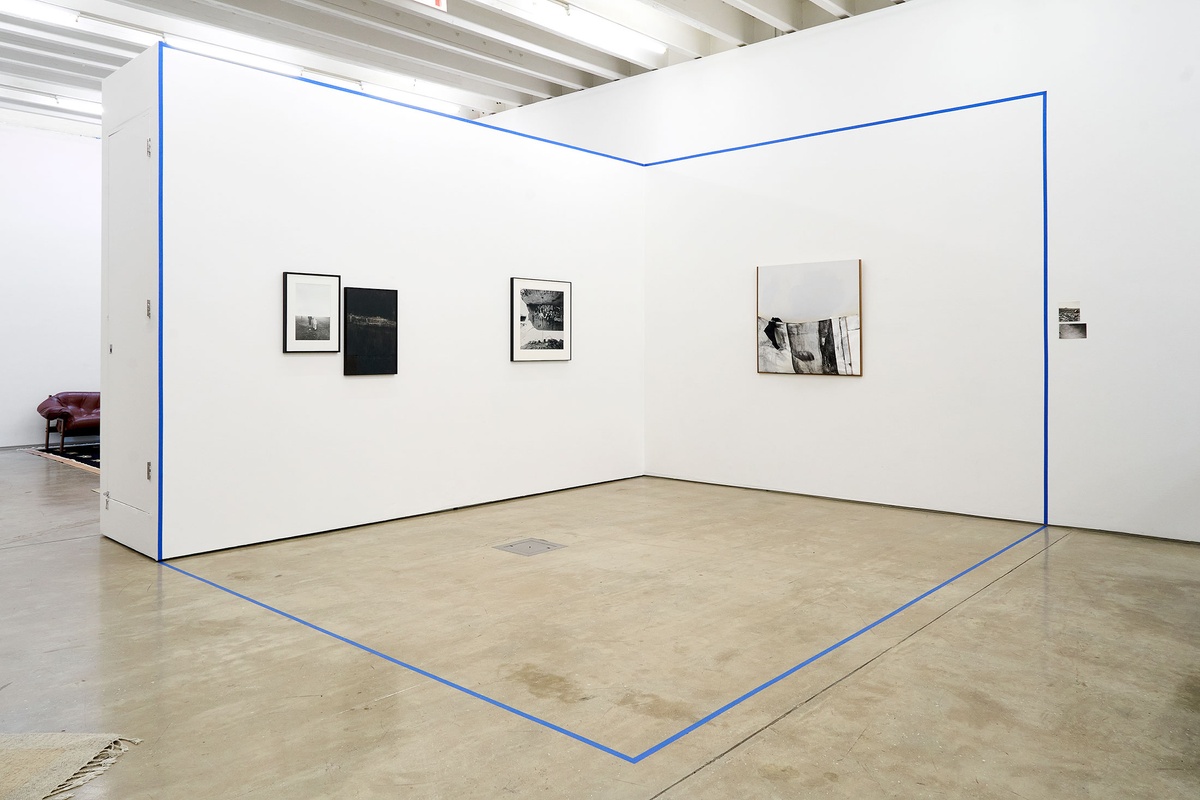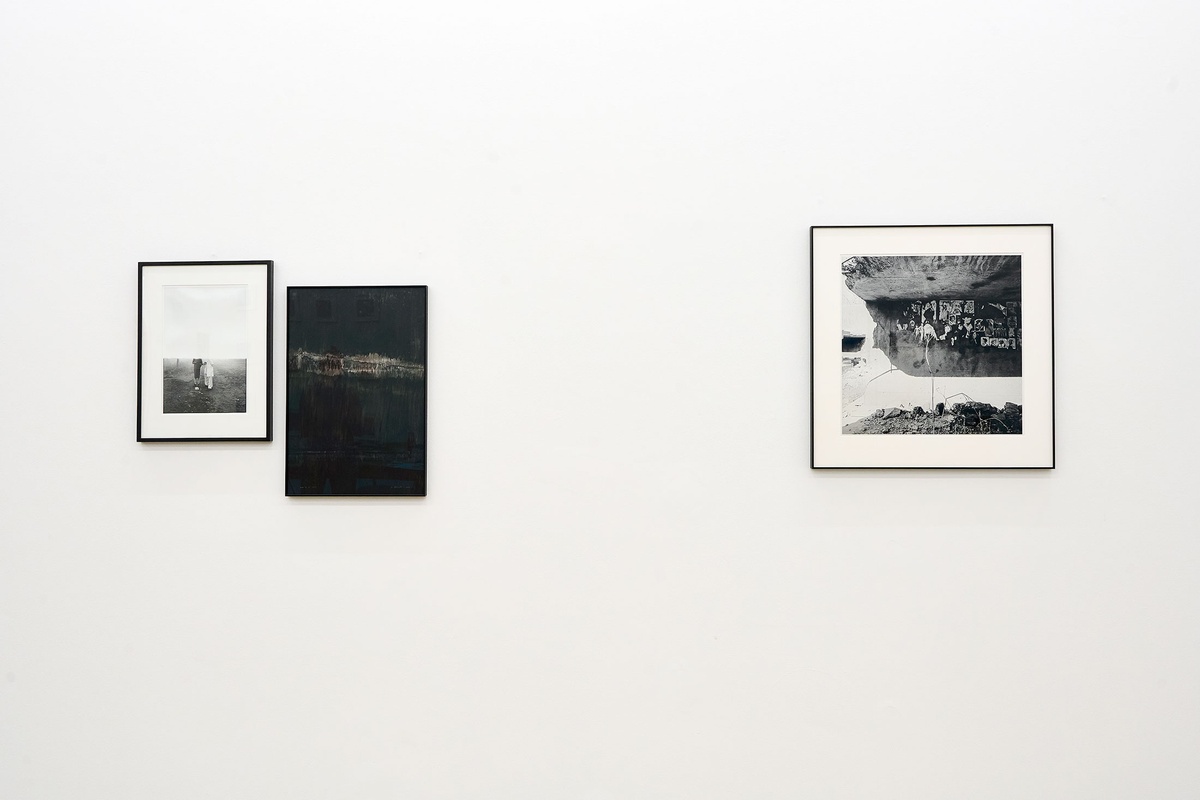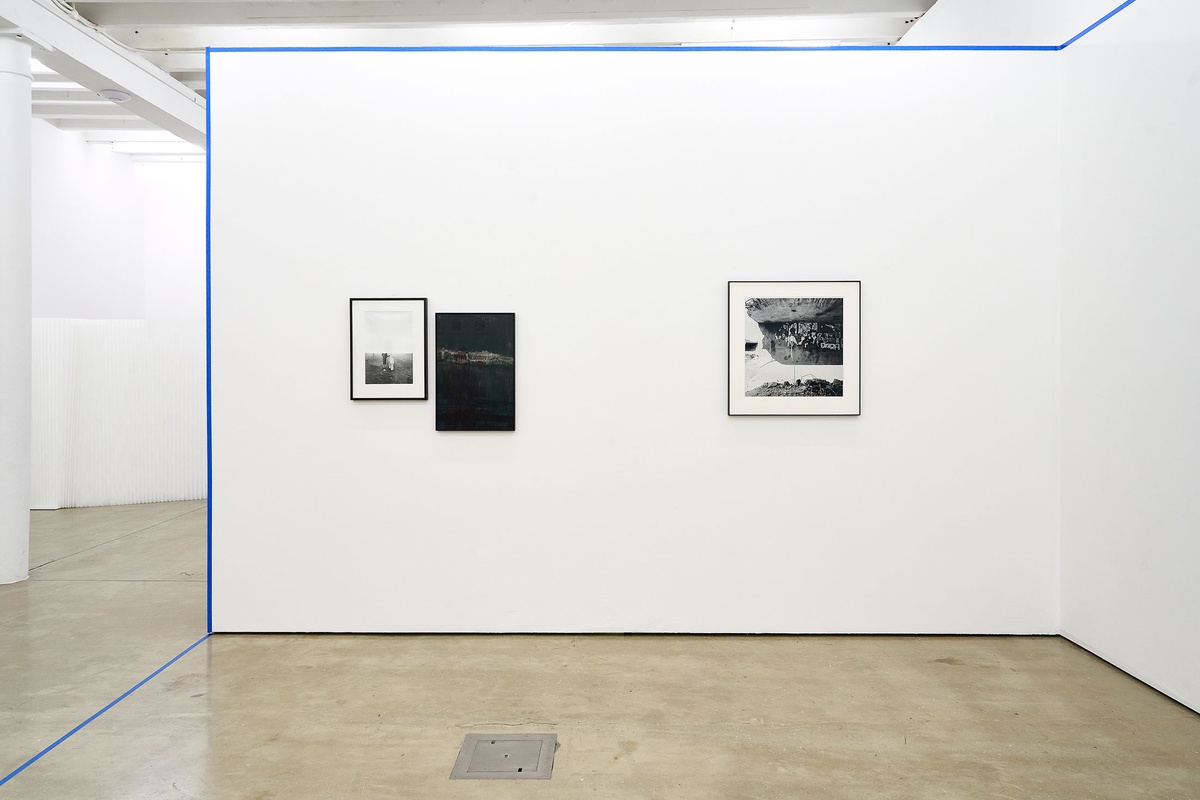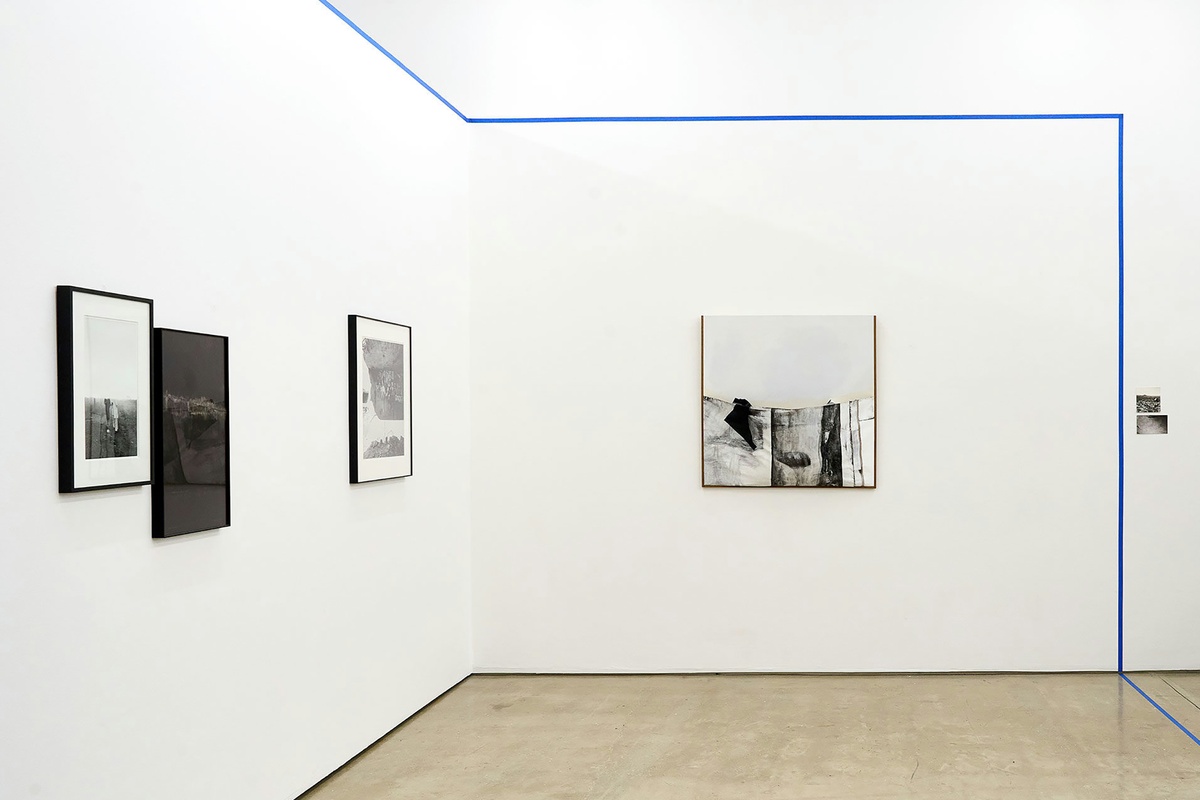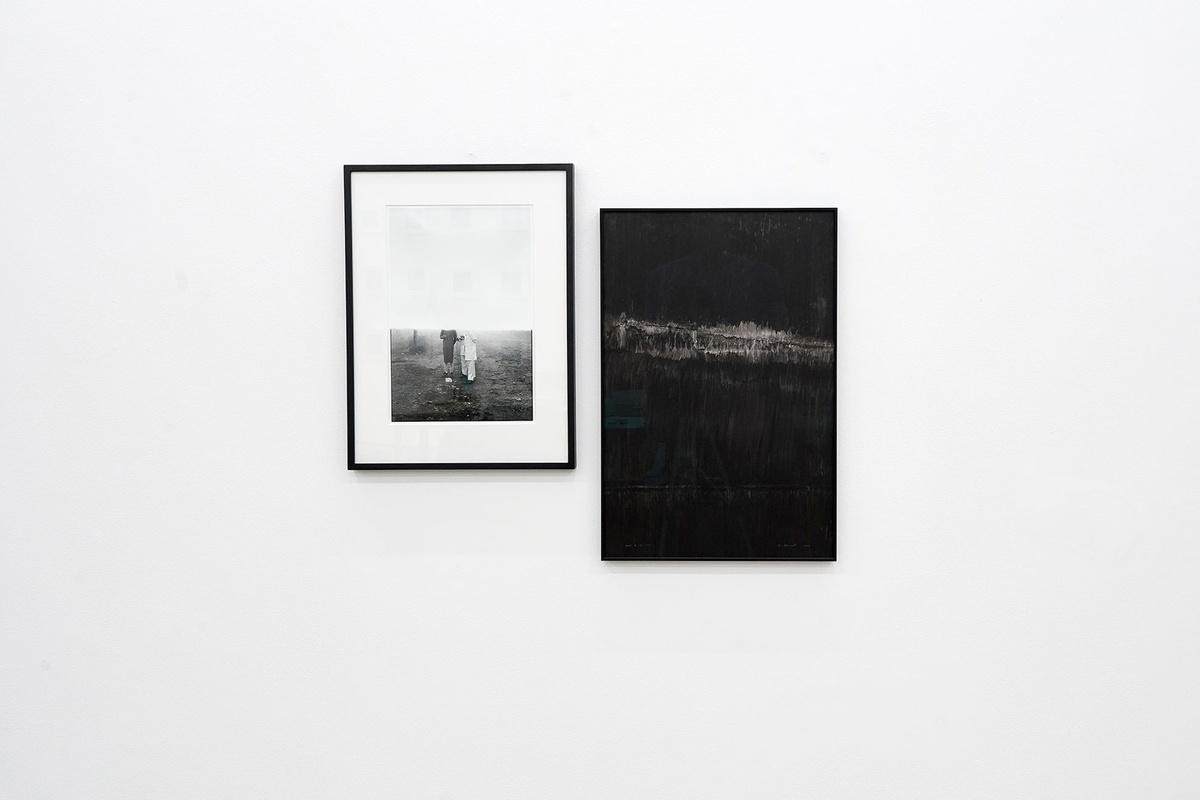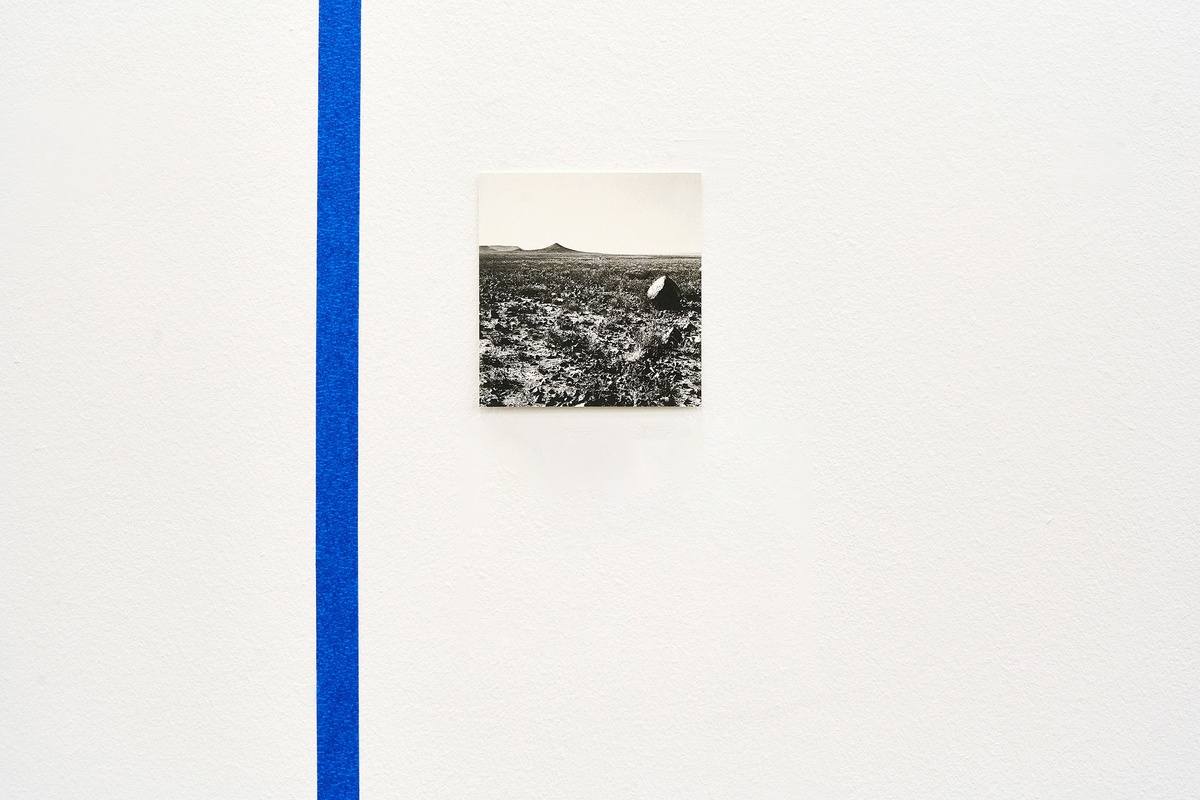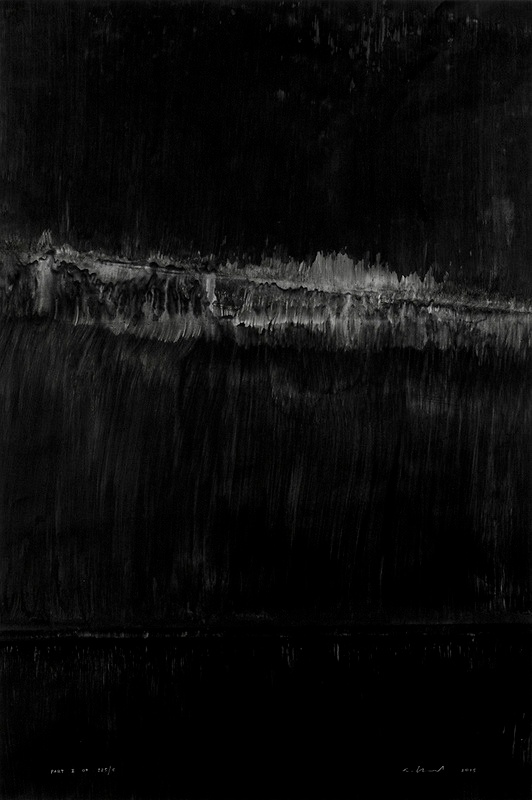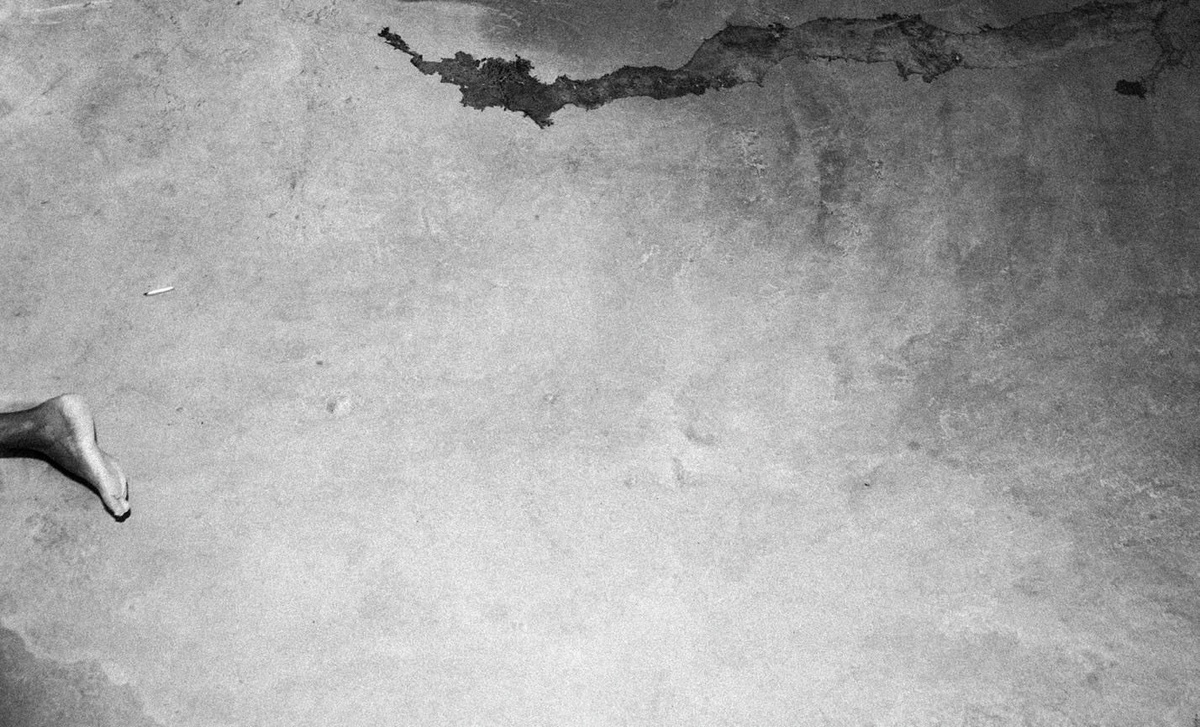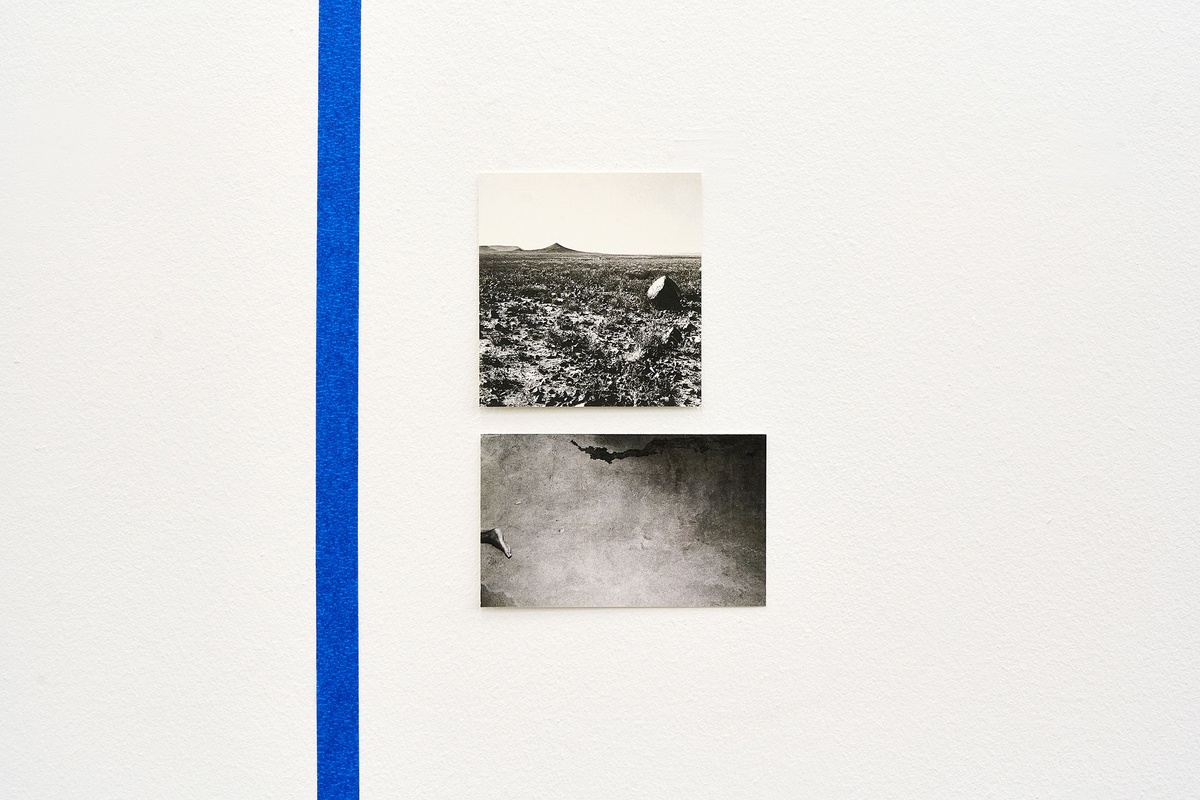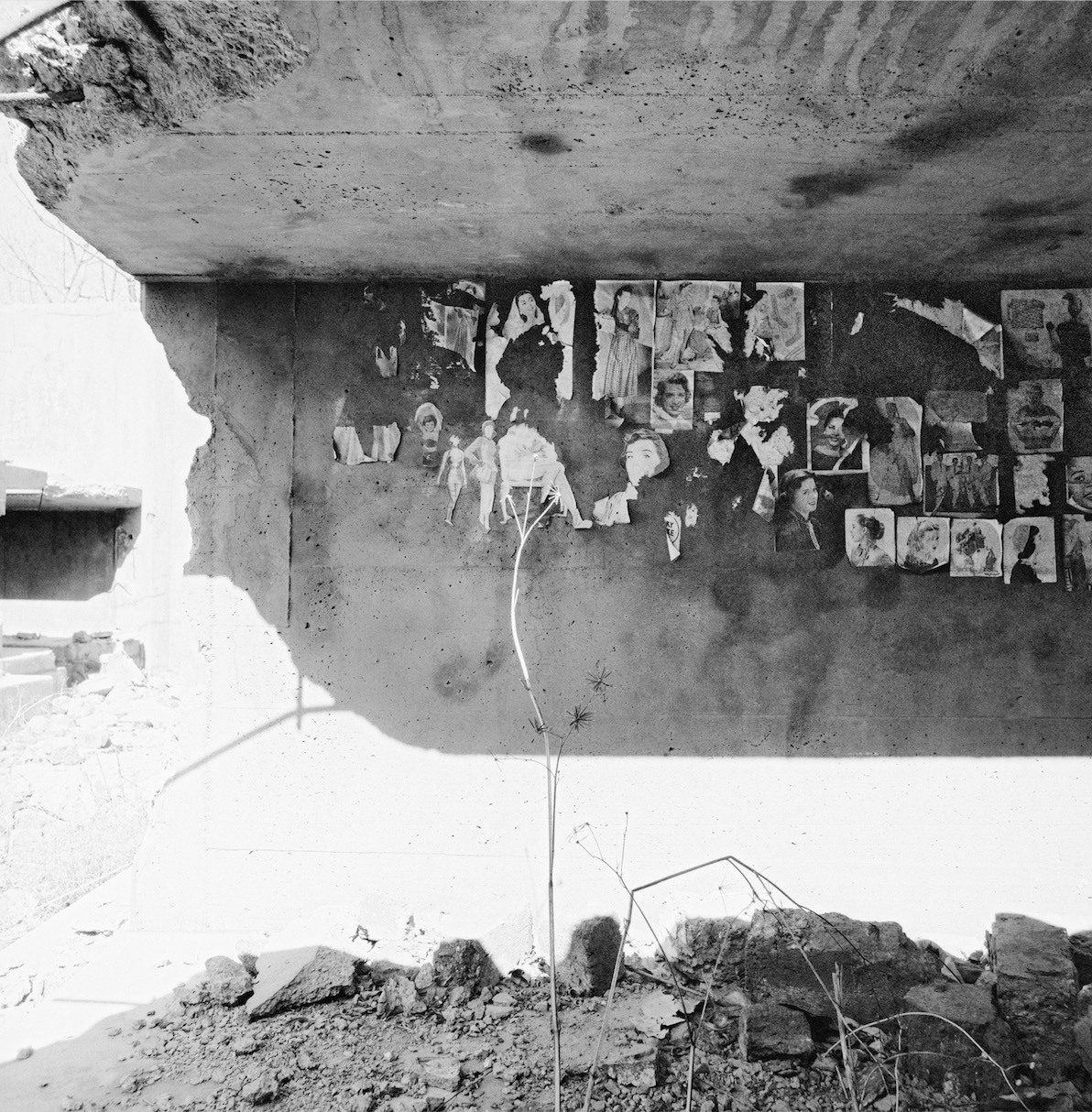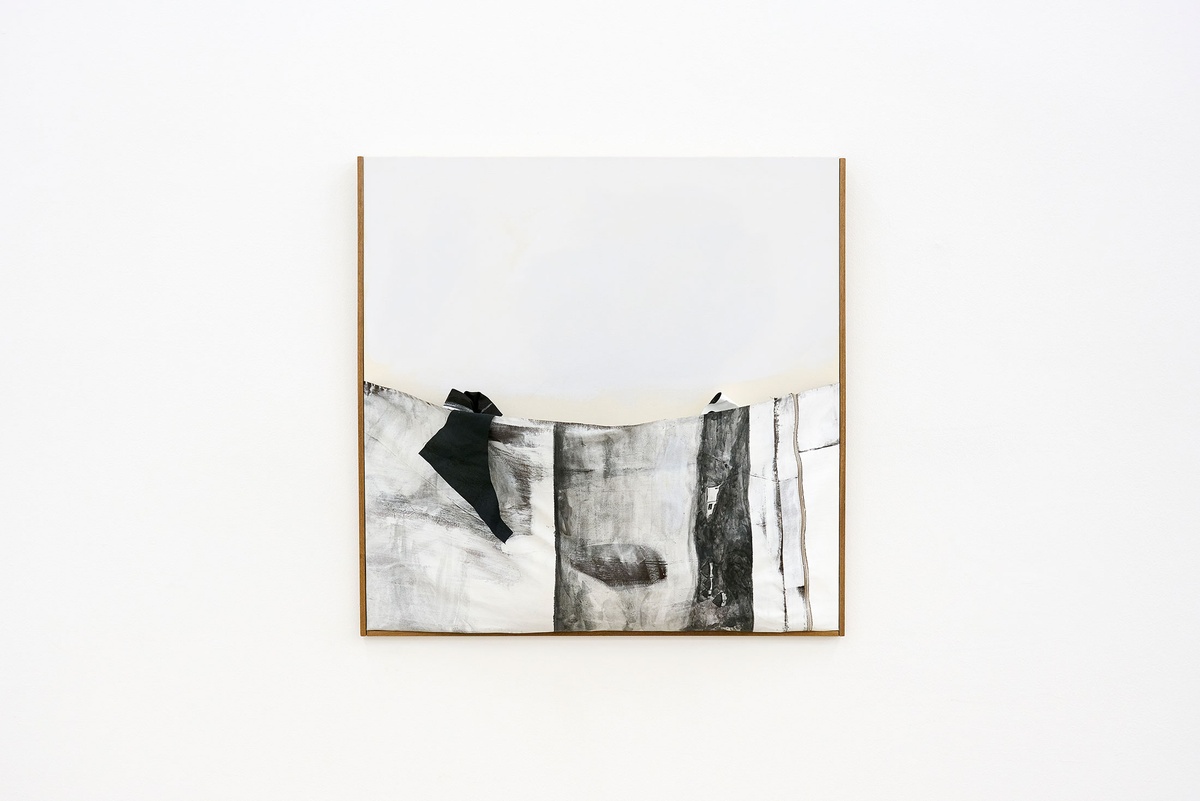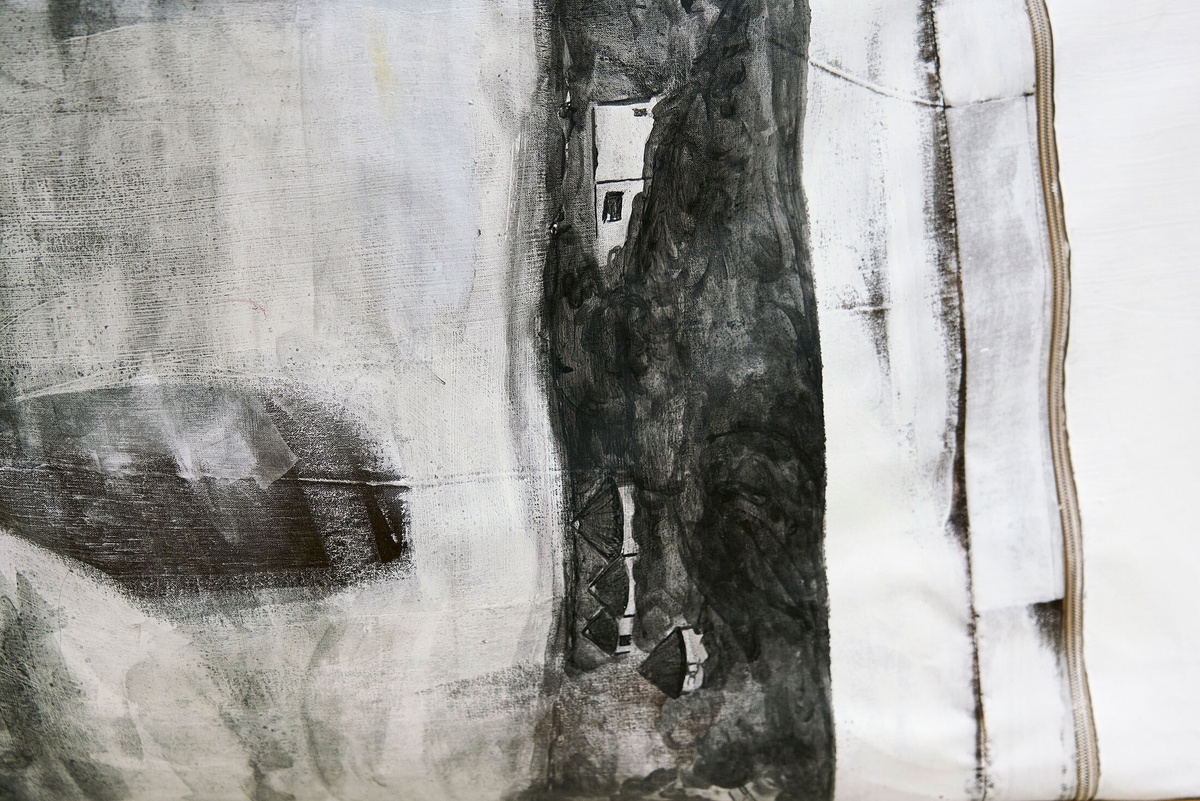Sabelo Mlangeni
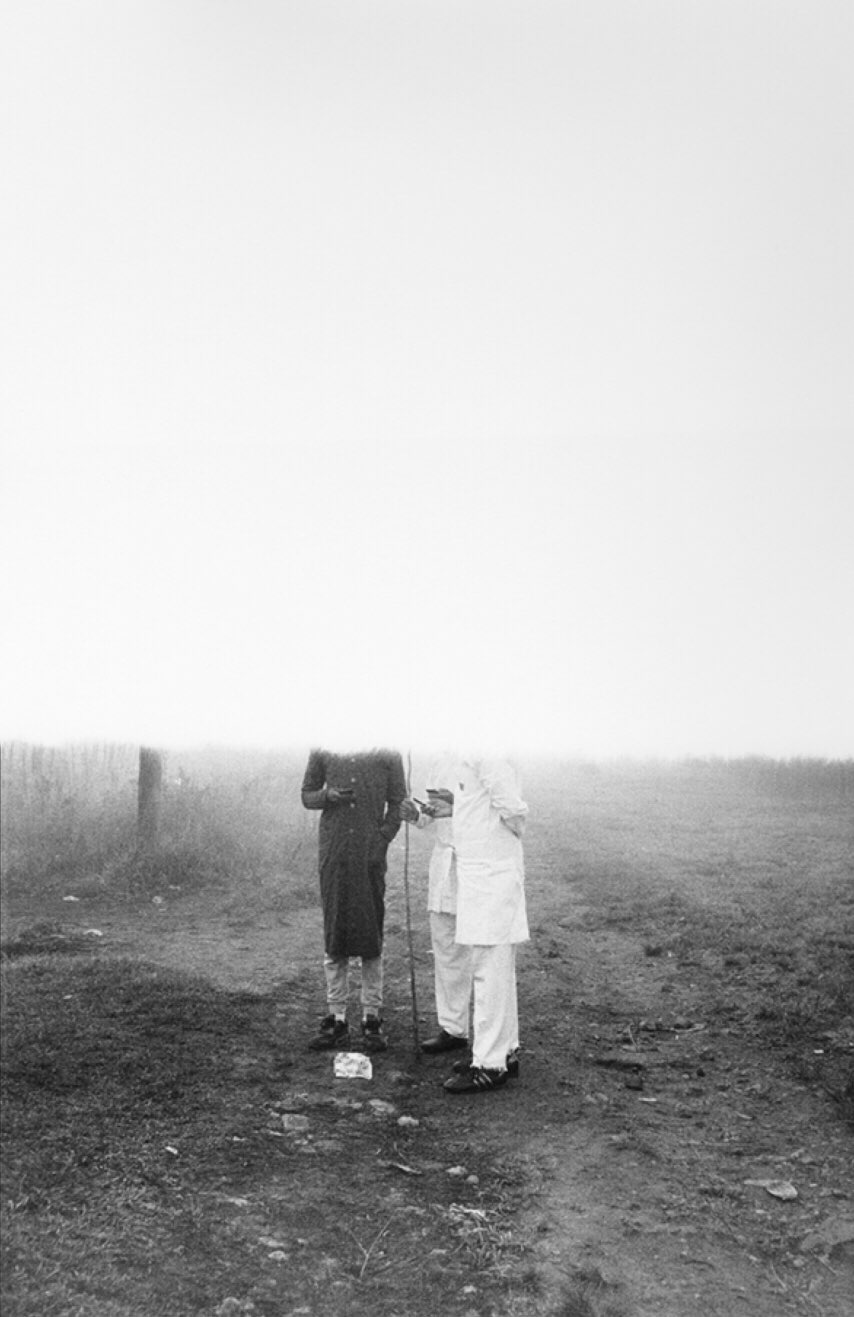
b.1980, Driefontein
Sabelo Mlangeni’s photographs offer intimate insights into the lives of others. He takes as subject expressions of community – be it chosen or happenstance – from a poor, historically-white suburb in Johannesburg to migrant workers living in hostels, Christian Zionist church groups and inner-city street sweepers. A sense of Mlangeni’s affinity with the people he photographs is apparent in all his work; a sense of his being present in the photograph yet out of frame. His is not the lens of a voyeur, but rather one in close dialogue with those he pictures, wary of the tropes of poverty and otherness to which the documentary medium plays. Bongani Madondo writes that “Mlangeni is ill at ease with referring to his work as ‘art’, or to himself as a ‘photographer’, preferring instead the term ‘cameraman.’ It might be most accurate, though, to say that he is a street photographer in the most historical sense, the ultimate flâneur – to wit, an [Eugène] Atget of Johannesburg.” Each photograph is a tender reflection on selfhood and community, on what it is to be both a part and apart.
